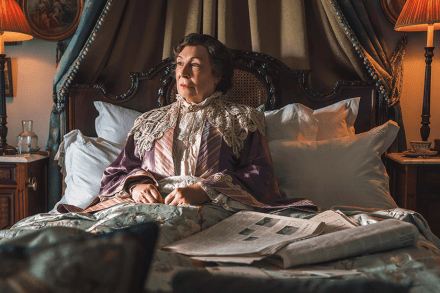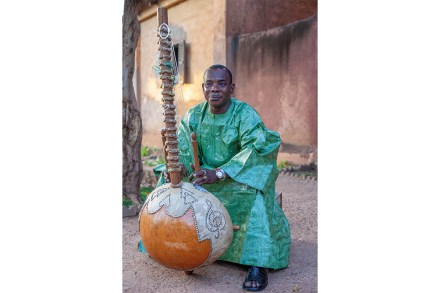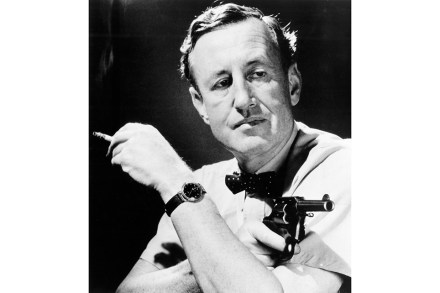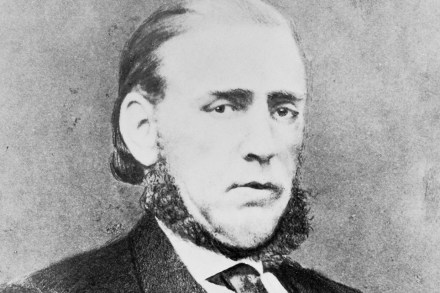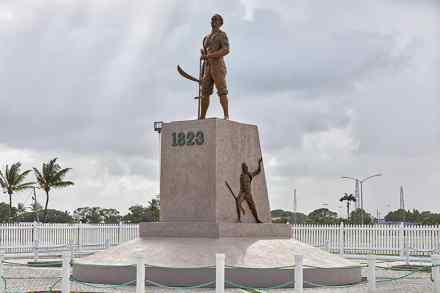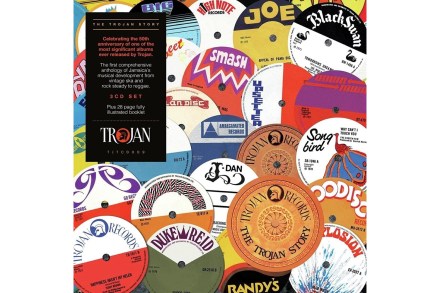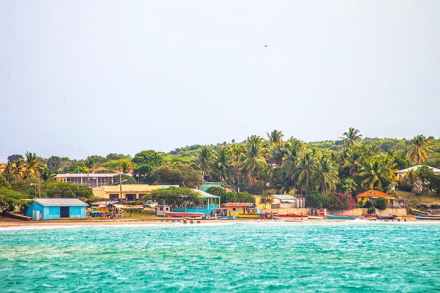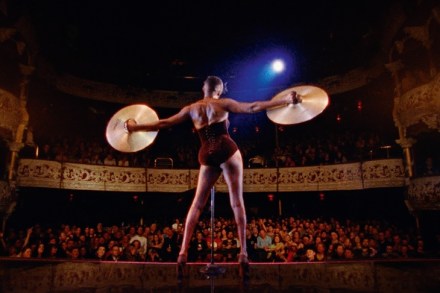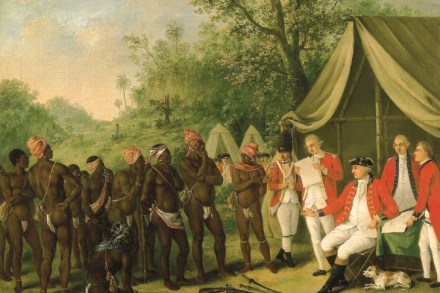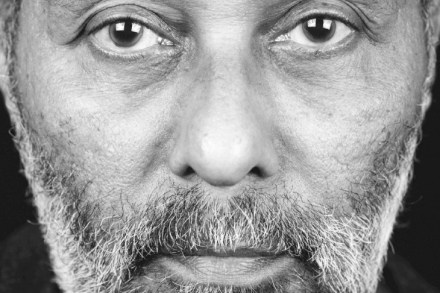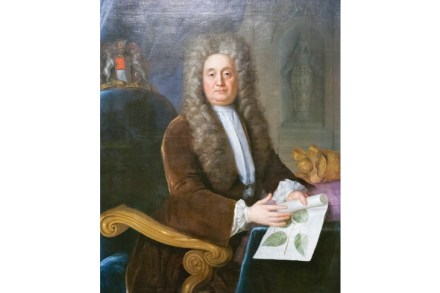The enduring lure of Atlantis
When you picture Atlantis, what do you see? For most people, this mythic city is a classical arcadia sunk beneath the sea – fallen columns, shattered arches and perhaps even an aqueduct. But that is not the place described by Plato, the original source of the Atlantis myth. His version consists of an immense Atlantic island, many millennia older than the Egyptian and Babylonian empires. The popular image of Atlantis was created by Jules Verne in Twenty Thousand Leagues Under the Sea. When that novel’s narrator, Professor Pierre Aronnax, joins Captain Nemo on his underwater exploration, they encounter a ruined city. He notices temples and even ‘the floating outline of


